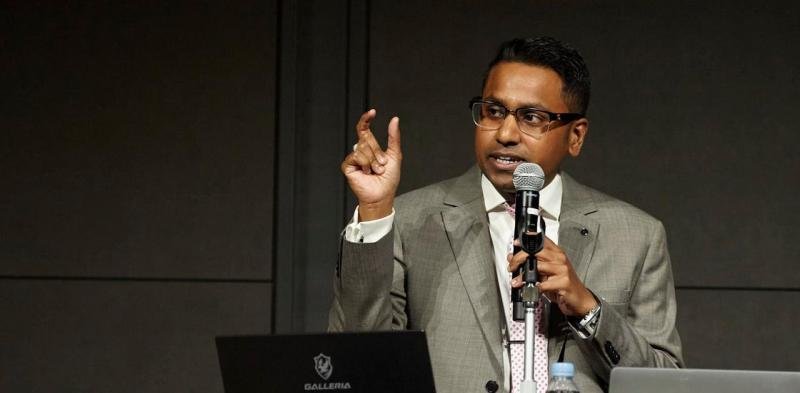New report urges UK to embrace lifelong learning for skills gap closure
In a new report titled "Setting the Stage for Lifelong Learning," Instructure Holdings, known for its Canvas VLE platform, alongside contributions from the Higher Education Policy Institute (HEPI), Cranfield University, and K16, calls for a collaborative approach among the UK government, businesses, and technology platforms to close the skills gap in the current workforce.
The report examines the integration of lifelong learning into the UK's educational system, highlighting what it sees as the necessity for continuous skill development in response to rapid technological advancements and an ageing population.
The report reveals a significant awareness gap between students and educators regarding bite-sized learning opportunities, such as short courses and micro-credentials.
41% of students are aware of short courses at their institutions. The figure is dramatically lower than the 99% awareness rate among educators. These are deemed crucial for equipping the workforce with the skills needed to navigate a workplace constantly being reshaped by technological advancements.
A key issue identified is the gap between the development of educational offerings and the immediate requirements of the job market. The report commends efforts by institutions like Cranfield University, which has developed stackable courses in collaboration with industry, to ensure content relevancy.
Cranfield University's Graham Bell states: "Today's workforce can't learn 'job-ready' skills if the courses for them haven’t been created. We've built courses tailored to meet this need but could not have done this alone. Ongoing collaboration with businesses and government entities is essential for universities like ours.”
Virtual Learning Environments (VLEs) are highlighted for their potential to support lifelong learning. However, there are disparities between educators' perceptions of VLE capabilities and students' experiences.
The upcoming Lifelong Learning Entitlement (LLE), set to be introduced in September 2025, is critiqued for its potential limitations. The report suggests that the LLE may not sufficiently support independent courses in new and emerging fields by funding only modules part of a broader programme. It advocates for expanding the LLE to include more flexible forms of learning that are responsive to the evolving job market.
Daniel Hill of Instructure says: "The time is now for leaders from across government, business, and the education sector to understand that, in a constantly evolving world of education, the need to be more creative and provide a dynamic lifelong journey for learning is vital. Whilst the foundations are there, we must work together to ensure learners can take full advantage of the future economy.”
Rose Stephenson from HEPI states: “Opportunities for lifelong learning are an essential part of a happy, productive, and educated society. However, further focus is needed on the implementation of stackable, modular learning. This includes increasing awareness of short-courses, and their value, and ensuring that a sufficient number of higher education providers are signed up to a smooth and efficient credit transfer mechanism.”
Drawing from an advisory panel of experts in education and technology, the report points to a shift towards integrating short, flexible learning opportunities, such as short courses and micro-credentials, into traditional education models. These are deemed crucial for equipping the workforce with the skills needed to navigate a workplace constantly being reshaped by technological advancements.
A key issue identified is the gap between the development of educational offerings and the immediate requirements of the job market. The report commends efforts by institutions like Cranfield University, which has developed stackable courses in collaboration with industry, to ensure content relevancy.
Virtual Learning Environments (VLEs) are highlighted for their potential to support lifelong learning. However, there are disparities between educators' perceptions of VLE capabilities and students' experiences.









